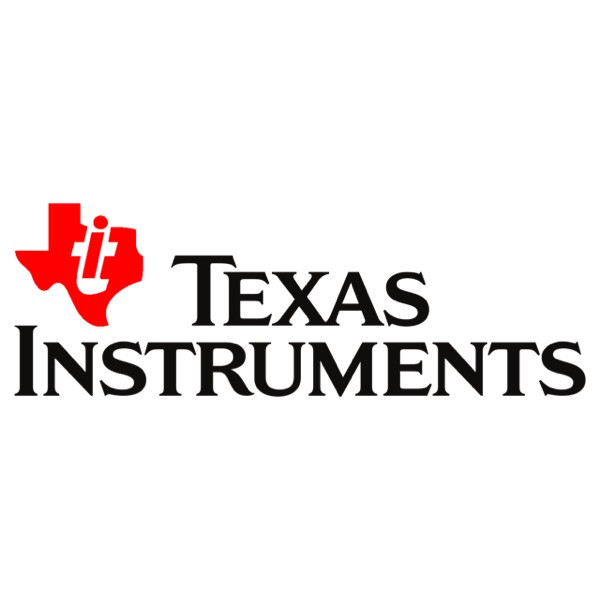Latest 32-bit ADCs designed to eliminate typical design trade-offs
22-07-2015 | Texas Instruments | Design & Manufacture
Texas Instruments (TI) has introduced a pair of 32-bit delta-sigma
analog-to-digital converters (ADCs) that combine high resolution, low noise
and integrated fault detection, eliminating many of the performance and
features trade-offs typically associated with device evaluation and
selection. The highly integrated, sensor-ready ADS1262 and ADS1263 also
remove the need for external components that increase system cost and
degrade noise and drift performance.
Until now, system designers who needed a high-resolution ADC had to
sacrifice other desired specifications, such as low noise or low offset
drift, as well as several integrated features. The ADS1262 and ADS1263
eliminate these trade-offs by providing 32-bit resolution, along with
integration, fault-detection features, a fast data rate and wide temperature
range, to help maximize the performance of programmable logic controllers
(PLCs), industrial automation equipment and sensor-measurement applications.
Key features :
1 - Accurate measurements of small signals: High resolution of 32 bits and
low noise of 7 nVRMS at 2.5 SPS enable measurement of the smallest signals,
which is essential for bridge applications where typical full-scale signals
are 10 mV or less. Offset error drift is also 80 percent lower than
competitive solutions, ensuring measurement stability over the entire
temperature range.
2 - Reduces component count to decrease system cost, board area and design
time: The ADS1262 integrates a programmable gain amplifier (PGA), 2.5-V
reference, oscillator, level shifter, temperature sensor, dual-excitation
current sources (IDACs) and eight general-purpose input/output (GPIO) pins.
The ADS1263 adds an auxiliary 24-bit delta-sigma ADC for systems needing
parallel main-channel conversions, sensor-temperature compensation or sensor
diagnostics.
3 - Integrated monitoring and diagnostics: Features such as internal
signal-chain monitoring, data-error detection, sensor-burnout detection and
a test digital-to-analog converter (DAC) provide the internal and external
fault detection and diagnostics necessary for high-reliability systems. Read
TI's new white paper to learn how to use the ADS1262 and ADS1263's
integrated diagnostics to help improve system reliability.
4 - Fast data rate: A maximum output data rate of 38 kSPS enables the ADCs
to be used in high-data-throughput industrial applications.
5 - Support for harsh industrial environments: The operating temperature
range of -40C to +125C is 20C wider than competing products.
TI offers a range of support tools for the ADS1262 and ADS1263 to speed time
to market, including a TI Designs reference design for high resolution, low
drift precision weigh scale measurements using AC bridge excitation.
The ADS1262 and ADS1263 provide complete support suites that are available
for system designers, including samples, an IBIS model, an Excel calculator
tool that aids in device configuration, and performance development kits
(PDKs).
Support for the ADS1262 and ADS1263 is available on the Precision Data
Converters forum in the TI E2E Community, where engineers can search for
solutions, get help, share knowledge, and solve problems with fellow
engineers and TI experts.
Engineers designing with data converters like the ADS1262 and ADS1263 can
also visit TI's new Data Converter Learning Center to find how-to design
resources organized by topic, such as delta-sigma ADC basics, ADC noise
analysis and filtering, and driving ADCs.
The ADS1262 and ADS1263 are available in a 9.7mm x 6.4mm thin-shrink small
outline packages (TSSOPs), says the company.

By Electropages

ADS1262

